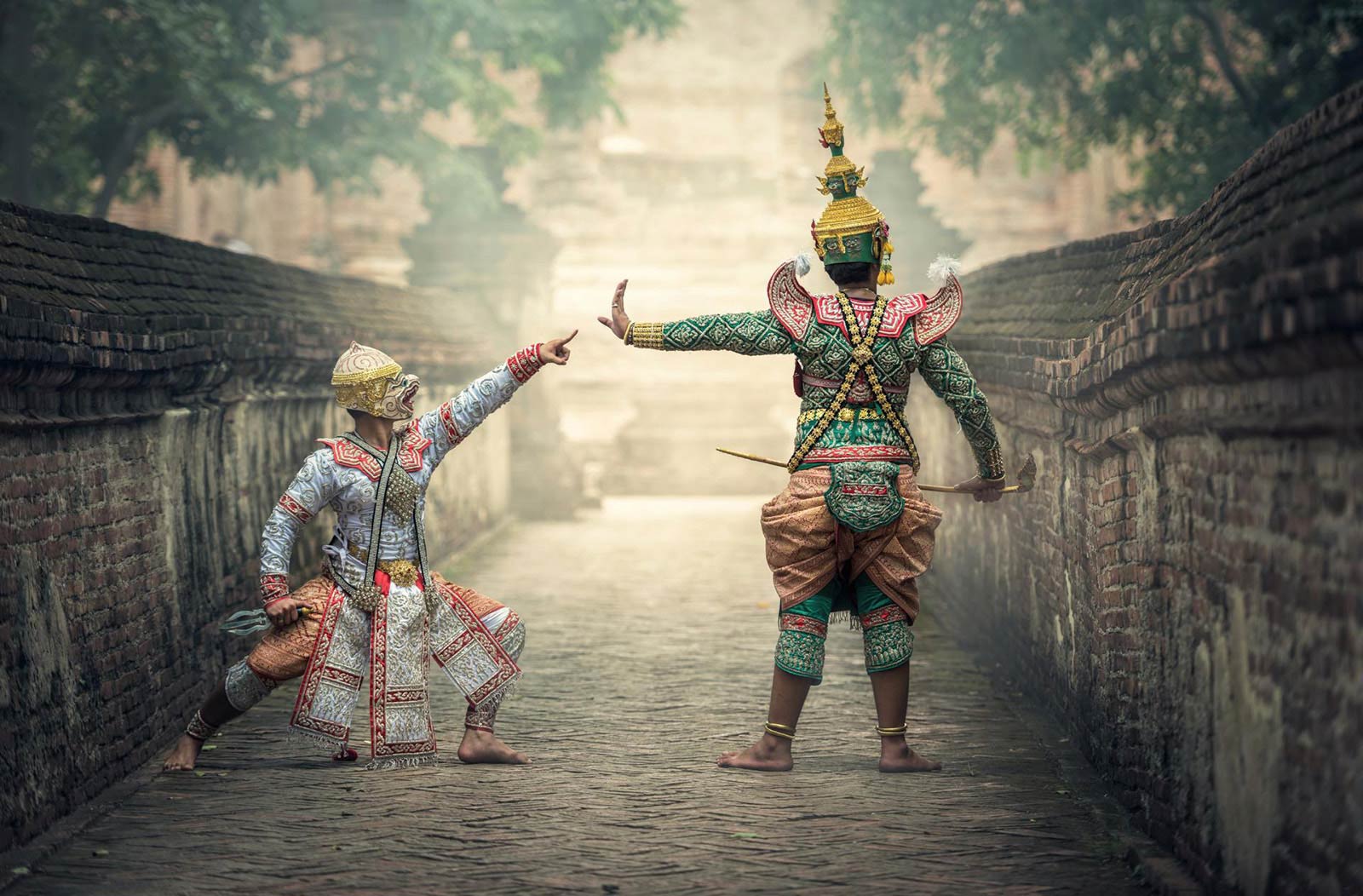
- Home
- keyboard_arrow_right Arts
- keyboard_arrow_rightPodcasts
- keyboard_arrow_rightWhat We Are Doing
- keyboard_arrow_right The Arts, Addicted to Stories – Part II

From Degas to Francis Ford Copolla, great artists and entertainers have leveraged the human addiction to story. Our earliest human ancestors spent time sitting around the fire telling stories. There is no culture in the world or in history that doesn’t value narratives. Work in the fields of cognitive neuroscience and developmental psychology have begun to explain scientifically how this interest in stories stems from our most basic social and cognitive processes being based in the act of imitation. The higher-functioning imitation that is unique to the human race goes beyond merely doing what someone else does, to actually understanding what that person is doing. Psychologist Michael Tomasello, and others, have suggested that humans’ ability to quickly grasp what other people are doing is what enables us to “cooperate with others in building human culture and language.”

It is this innate imitative capacity that makes it so natural for us to enter into imaginative situations, or stories. “Developmental psychologist, Paul Harris, has pointed out the imitative capacities of our minds enable us to almost completely occupy a fictional position, so that both our thoughts and feelings begin to be shaped more by the fiction than by our real-life situation.” “We feel we are there, in the story, an experience psychologists call ‘narrative transport.’”
We aren’t just imitative animals; we are also social animals. Watching TV with a friend or friends, or sitting in a theater surrounded by others, is a different experience than watching on our own. We feed off the responses of the others around us, augmenting our natural imitative tendencies. In response to the common parental refrain, the honest enlightened adolescent’s response should be, “well yes, I probably will do that just because my friends are doing it since I’m a naturally imitative being which is only perpetuated by my level of connection to those who I’m imitating, and I feel much more connected to my friends than I do to you.”
The more realistic the story and the more control we have over its outcomes, the easier it is to imagine ourselves in the story, to actually enter into the story in a sensory-rich way. Popular commentary on violent video games often turns toward their potential to influence adolescents toward violent acts. But this is not the most disconcerting impact of video game playing.
“If technology continues down the path it’s on, the virtual reality of a video game may be indistinguishable from the true reality of our lives. If the ‘veil of non-reality’ permanently slips, we have a huge potential problem: our lives pale in comparison to the sensory possibilities of a virtual world…When the ‘veil of non-reality’ slips away forever, our brains may not be equipped to handle the new virtual reality.”
Robin Williams is the most famous victim of this “slip.” Robin Williams played “Portal,” and “World of Warcraft,” and “Call of Duty,” and was open about his addiction to them. “It’s like cyber-cocaine,” he told the Daily Telegraph in a 2011 interview. “Especially if you’re online playing against other people, it’s totally addictive, you get lost in the world.” By addictive, he means staying alone in darkened rooms for days on end binging on the “story” with barely time for food or sleep.
“Re”-capturing the Imagination
Art is credited with building unity, with creating a common culture, with making order of chaos; helping us understand our lives in the midst of a messy world. The method by which art achieves such great impact is the story it tells. The power of story is in our innate and uniquely human nature as master imitators.
The mission of artists and entertainers at Walden Media is to “find stories that can rekindle curiosity and recapture imagination.” This is revolutionary when considered in context of our human nature to imitate deeply.
The Lion, the Witch and the Wardrobe is Walden’s most successful production. This CS Lewis child’s (and adult’s) favorite takes us on a journey through the lives of young Peter, Edmund, Lucy and Susan Pevensie in the land of Narnia. The children become Kings and Queens of Narnia. They fight with their wits and their swords alongside the enlightened beasts that inhabit Narnia and against the age-old evil represented in the White Witch who has made it always winter. Aslan is the kind and gentle, yet ferocious Lion who sacrifices himself in place of the least deserving Edmund who had betrayed his brothers and sisters and all of Narnia to the White Witch. “Good” wins out in the end in this classic story of redemption.
For Michael Flagherty, Co-Founder of Walden Media, Narnia “rekindled curiosity and recaptured the imagination.” Flagherty realizes our imaginations have already been captured by something else, but wanted to and needed to be recaptured. Flagherty understands our imitative nature goes so deep that we are even pulled sometimes against our will, as Robin Williams described, to become lost, to lose our “selves,” in the worlds we imagine.
Our imaginations have been captured by the many stories we see and hear on a daily basis. We imagine ourselves in Script’s song, on our way to the Hall of Fame. We imagine ourselves as Tom Brady, married to a supermodel and winning the 2015 Superbowl. We hope to experience the wealth and power promised by The Secret or the meaning and fulfillment of The Purpose Driven Life. Walden Media aims to tell stories that lead us in a different direction.
Literary critic, George Steiner, wrote, “ours is the long day’s journey of the Saturday, between suffering, aloneness, unutterable waste on the one hand and the dream of liberation, of rebirth on the other.” Aslan goes farther than Sherlock’s or Schindler’s sacrifices for those they loved. Edmund had betrayed his actual blood brothers and sisters whom he truly did love. He sold out an entire kingdom for nothing more than a truffle. But Aslan chose a path sure to lead him to an undignified death on behalf of someone who had betrayed him and the people he loved. Elevating others over self, helping others to achieve more even if it means we achieve less, valuing every human equally simply because they are human, fighting the good fight – these are stories that touch on the most popular of all Hollywood themes – “Love Conquers All.”
Changing character happens as the listeners imagine themselves in the stories being told. I have a closing request from my daughters, that you who pursue your dream to change the world through art and entertainment will be careful to tell stories that they will be better for having imitated.
Copyright Invoke Media | Copyright 2020




Post comments (0)